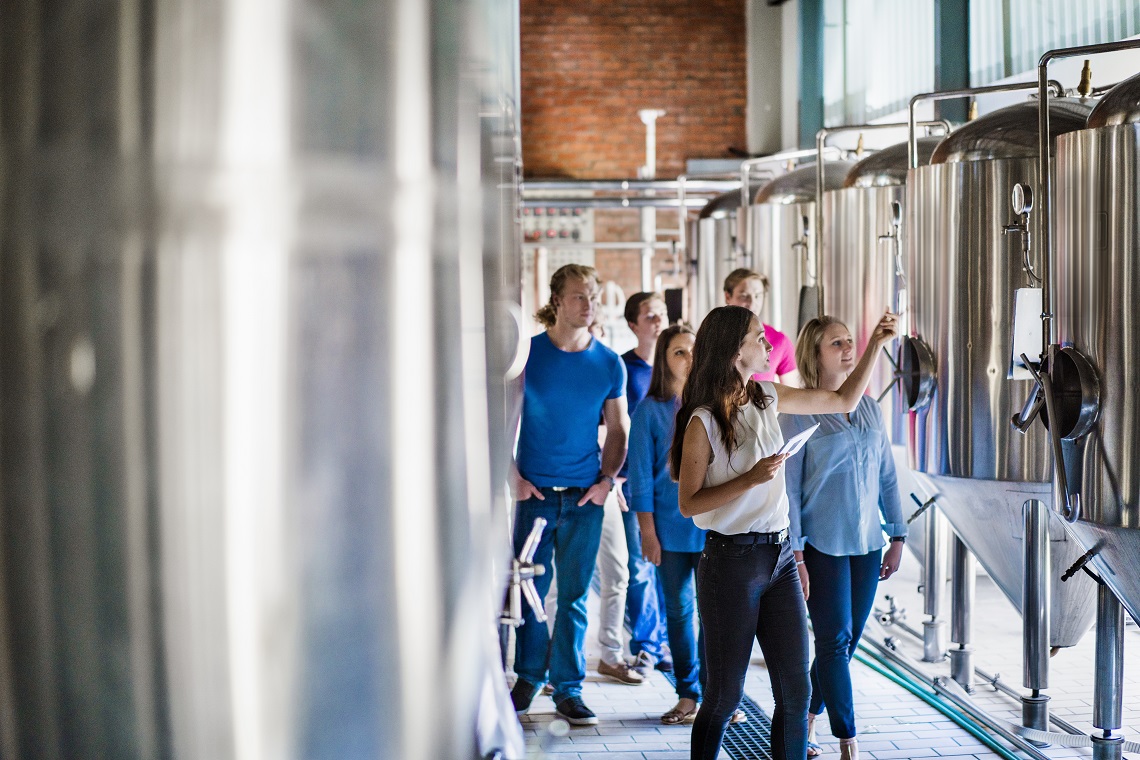The New South Wales Government has amended its definition of artisan food and drink industry in its Standard Instrument, Local Environment Plans (SILEP) to provide clarity for the growing craft and boutique industry.
The SILEP is the document which outlines permissible land uses for the state and local governments to use as part of their environmental planning instruments. This amendment is one of five laid down by the NSW Government as it looked to provide consistency, efficiency and clarity to the NSW planning system for retail.
In detailing the amendment to the artisan food and drink industry, the Government said: “Boutique, craft or artisan food and drink products are increasingly popular among consumers who want an alternative to mass-manufactured offerings. Craft and locally produced goods command a price premium and support industries such as tourism and hospitality and provide local employment.
“The new land use term will provide clarity for the growing artisan and craft food and drink industry such as microbreweries or cheese makers by establishing a new definition that reflects the nature of these uses.
“The new land use term requires that as well as the manufacture of boutique, artisan or craft food or drink, at least one of the following services must be included – retail sales, a café or restaurant, tours, workshops and tastings.”
The Government’s new definition of artisan food and drink industry is:
“Artisan food and drink industry means a building or place the principal purpose of which is the making or manufacture of boutique, artisan or craft food or drink products only. It must also include at least one of the following:
- (a) a retail area for the sale of the products,
- (b) a restaurant or cafe,
- (c) facilities for holding tastings, tours or workshops.
In terms of zones where the new definition will be permissible, artisan food and drink applications will now be allowed wherever ‘light industry’ is permissible in local environmental plans, as well as certain environmental planning instruments.
The Government said: “For zones in which ‘light industry’ is not a mandatory permissible use, local councils will continue to have the opportunity to identify areas where artisan food and drink industries are appropriate, in consultation with their community.”
As for the reasons behind the change, the Government said: “Feedback from local government and industry raised concern that the existing land use definitions were not adequately encompassing the growing artisan manufacturing industry. This was creating an environment where the inconsistent application of multiple land uses was occurring across local governments.
“Demand for the new land use definition is linked to the emergence of changes in community expectations where customers are knowledgeable and passionate about products and seek a unique experience linked to the producer.
“In the same way that customers travel to wine regions to taste wine, artisan producers require areas where they can make and sell their products and offer customers an experience while tasting or testing the product.”
The principal purpose of an ‘artisan food or drink industry’ must be the carrying out of an industrial activity involving the manufacture of boutique, craft or artisan food or drink, and the Government said that the new amendment is now in place across the state.

